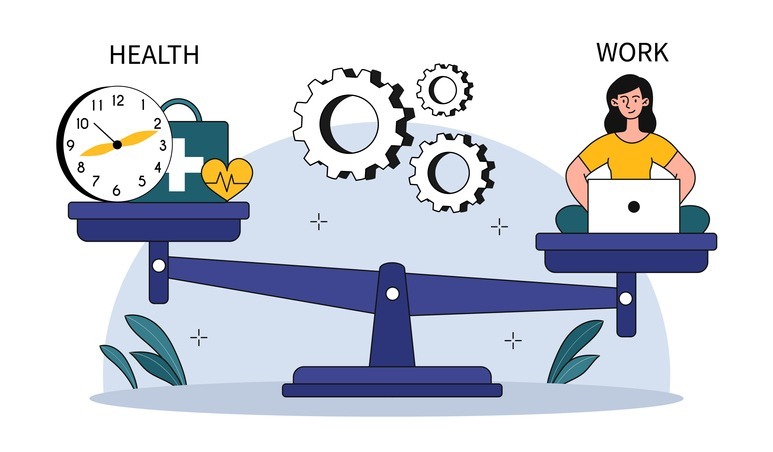
Mental health is a vital part of overall wellbeing, and it’s crucial that employers prioritise the mental health of their employees – here are seven tips to do just that
CREDIT: This is an edited version of an article that originally appeared on First Practice Management
Understanding the significance of supporting mental health in the workplace is imperative.
Here are seven tips:
Encourage open communication
Communication is key when it comes to supporting mental health in the workplace. Encourage your employees to speak openly about their mental health and create a safe space for them to do so.
Managers should be approachable and understanding, and they should receive training on how to handle conversations about mental health. By normalising conversations around mental health, employees will feel more comfortable seeking help when they need it.
Promote work-life balance
Employees who feel like they have a good work-life balance are less likely to experience burnout and other mental health issues. Encourage your employees to take breaks and disconnect from work when they need to.
Promote flexible working hours, so employees can balance their work and personal life. This can help employees feel more in control of their lives, which can have a positive impact on their mental health.
Provide resources
It’s important to provide resources and tools to help employees cope with mental health issues. These could include access to counselling services, employee assistance programs, or mental health apps.
Your staff will feel like their mental health needs are being taken seriously, and that they have the support they need to manage any mental health issues that may arise.
Educate employees
Offer training and education on mental health awareness and how to support colleagues who may be struggling with mental health issues. This can help reduce the stigma around mental health and create a more supportive workplace culture.
Employees who are more aware of mental health issues are better equipped to help their colleagues, which can improve overall workplace mental health.
Implement stress-reducing initiatives
Stress is a major contributor to mental health issues, and it’s important to implement initiatives that promote stress reduction. Encourage activities that promote stress reduction, such as mindfulness and meditation sessions, yoga classes, or even walking groups.
By providing these activities, employees will have an outlet for stress, which can improve their mental health and reduce their risk of experiencing mental health issues.
Reduce stigma
Address any stigma around mental health in the workplace by creating a culture that supports mental health and wellbeing. Normalise conversations around mental health and encourage employees to seek help when they need it.
By reducing the stigma around mental health, employees will feel more comfortable seeking help, which can improve their mental health and reduce the risk of more severe mental health issues developing.
Create a sense of community
Build a sense of community in the workplace by promoting team-building activities, social events, and volunteer opportunities. This can help employees feel more connected and supported, which can improve their mental health. A sense of community can also help reduce stress and increase feelings of well-being.
Mental health first-aiders in primary care
Mental health first aiders can be found in a variety of settings, including workplaces, schools, and communities. They play an important role in promoting mental health awareness and helping to reduce the stigma surrounding mental health issues.
A mental health first aider is someone who has received training on how to recognise signs and symptoms of mental health issues and how to provide support to someone who may be experiencing a mental health crisis. They are similar to physical first aiders, but instead of responding to physical injuries or illnesses, they are trained to respond to mental health issues.
A mental health first aider is not a professional therapist or counsellor, but they are trained to offer initial support and guidance to someone who may be struggling with their mental health. They can provide a listening ear, offer reassurance, and help the person access professional mental health support if needed.
The NHS offers a Mental Health First Aid (MHFA) training course for staff, which covers topics such as how to recognise the signs and symptoms of common mental health issues, how to provide initial support to someone who may be experiencing a mental health crisis, and how to guide the person to appropriate professional help.
By providing mental health first aid training to staff, NHS primary care services can better support the mental health and wellbeing of their employees and the people they serve. It can also help to reduce the stigma surrounding mental health issues and promote a culture of openness and support.


Be the first to comment